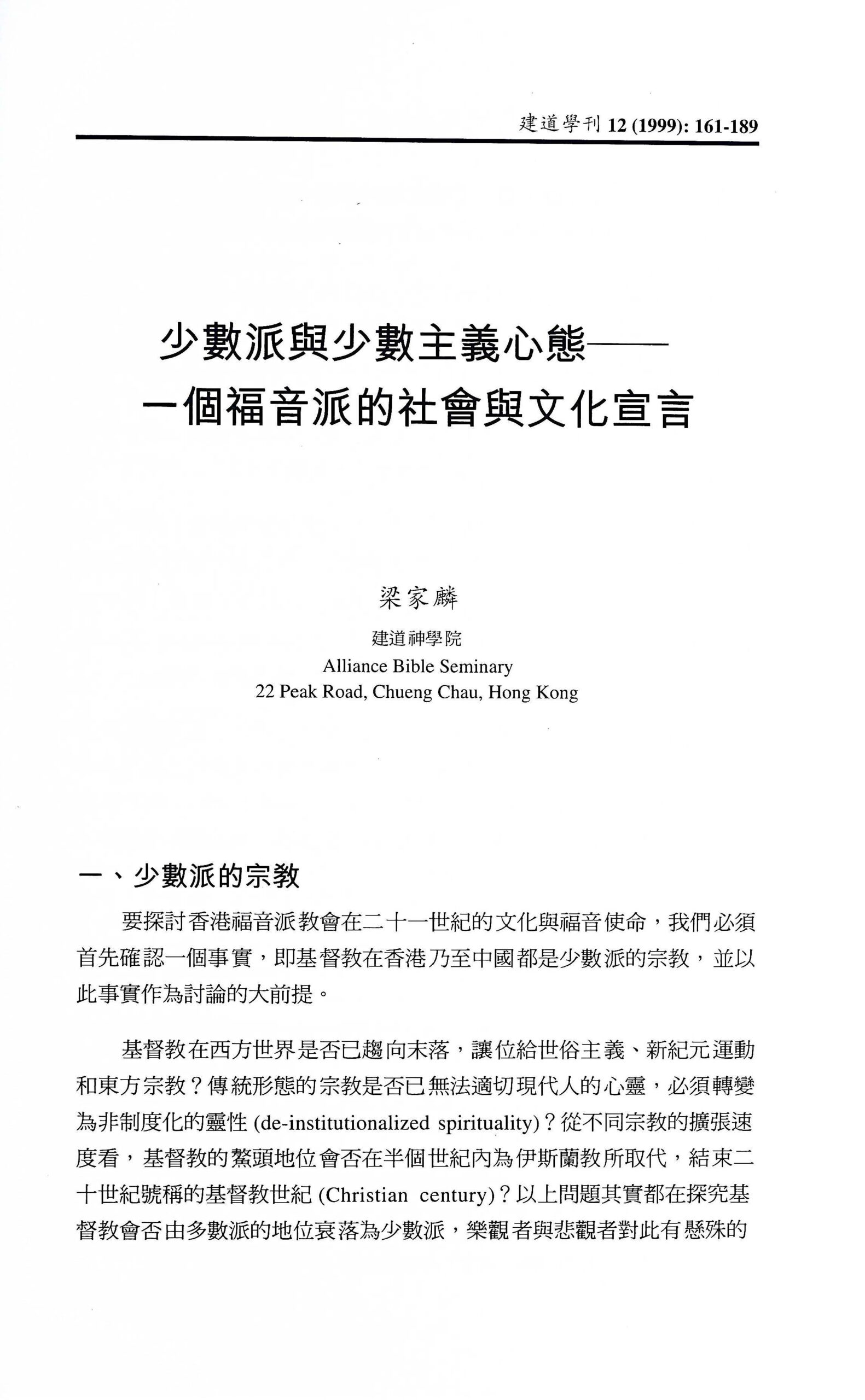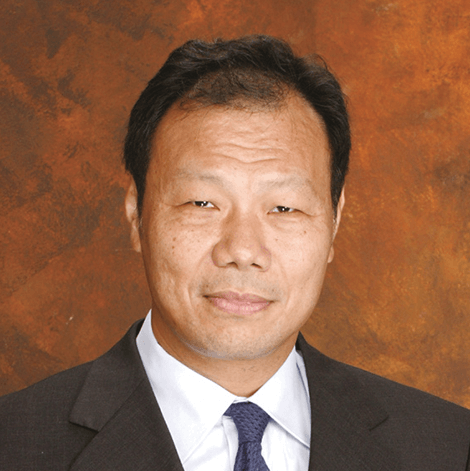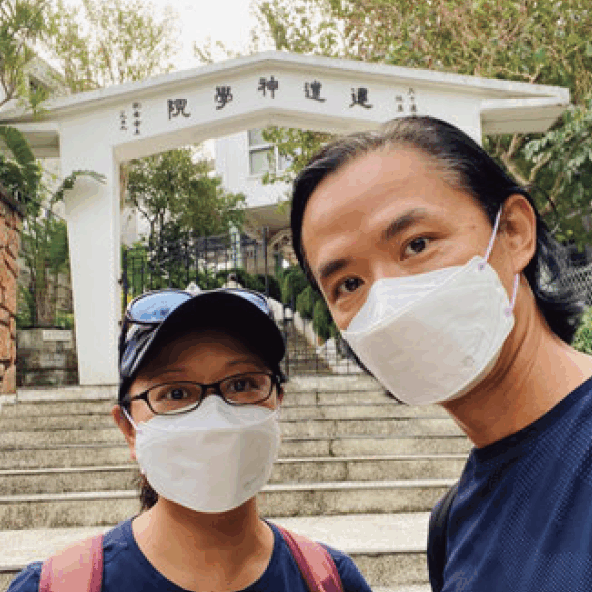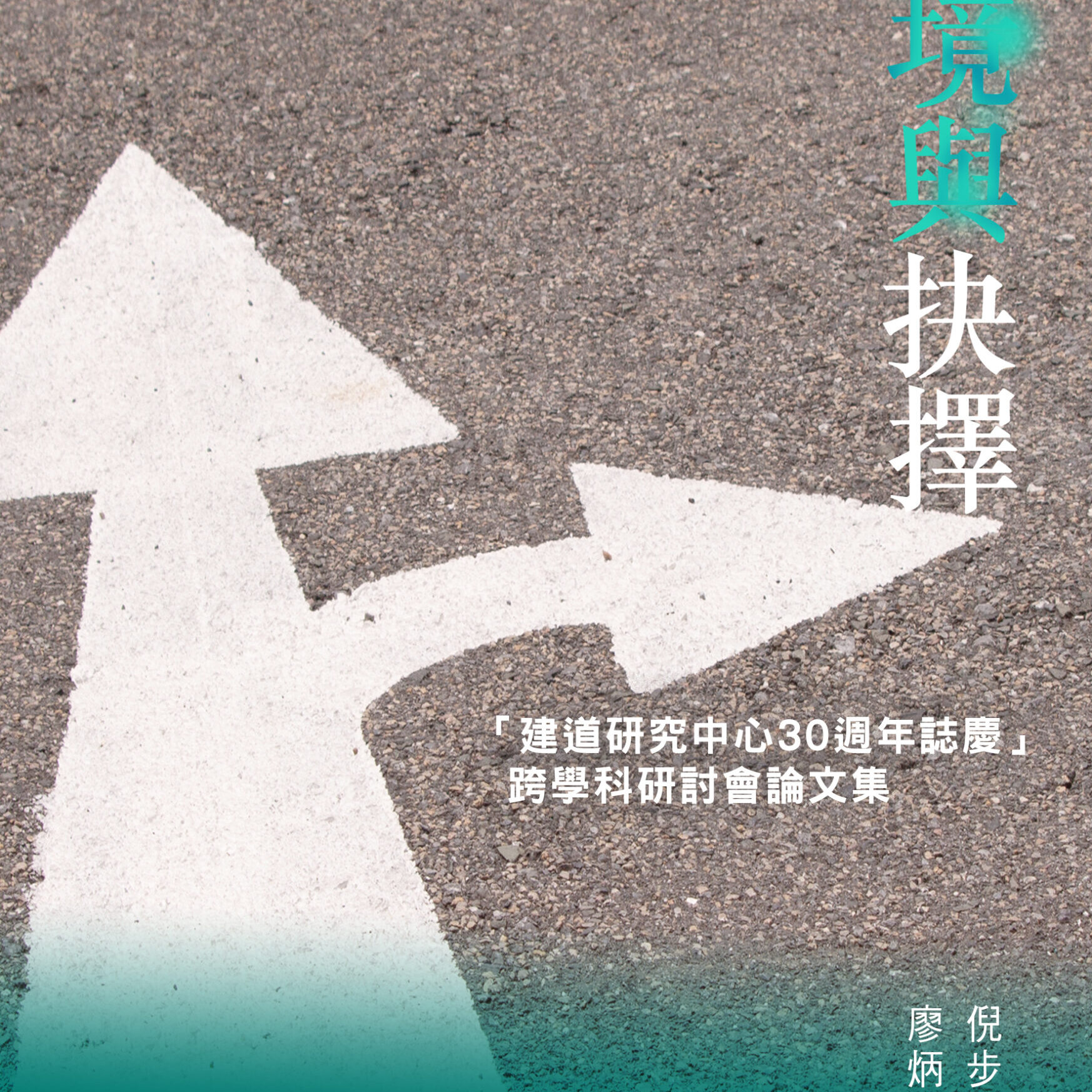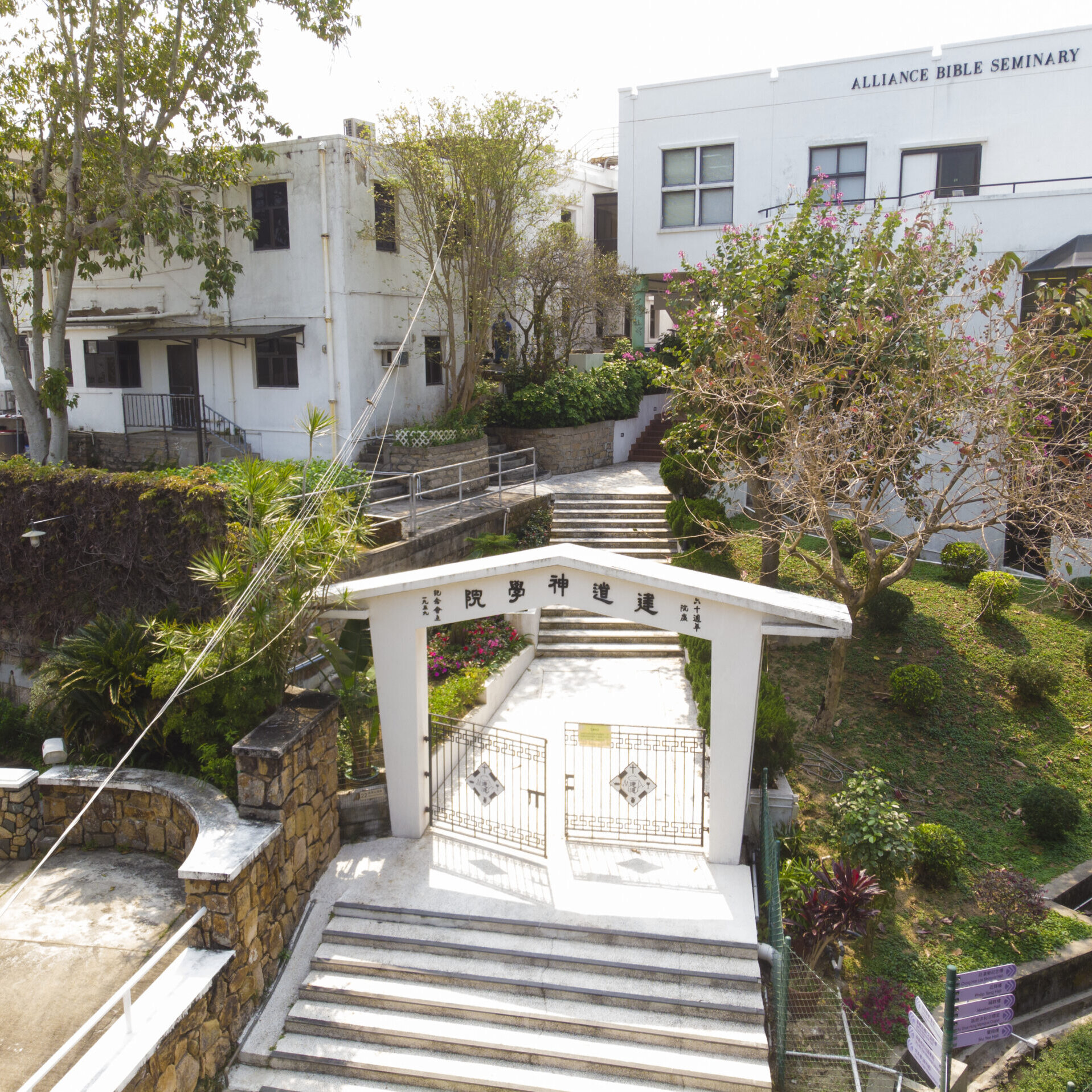少數派與少數主義心態──一個福音派的社會與文化宣言 / 梁家麟
撮要
本文旨在探討香港福音派教會在二十一世紀應有的文化與福音使命。作者首先確定,無論從信徒人數及社會地位觀之,基督教在香港及中國大陸都是少數派宗教;只是由於香港過去百多年間作為英國殖民地,給予基督教許多特權,形成基督徒在心態上自覺為多數派。香港回歸中國以後,香港教會必須嚴肅思考如何在非基督教世界裡扮演少數派的角色。接著作者回顧香港教會在1949年後的社會關懷的歷史概略,指出在七十年代以前,香港社會存在強烈的難民心態,這種心態造就出難民教會與難民神學;但隨著難民心態的消退,加上九七問題在八十年代開始困擾香港人,福音派教會迅速迎向社會事務。但由於她不存在任何一套社會參與的神學理論,僅作回應性行動,至終便為某些激進組織和行動所吸收。在第三部分,作者評估某些前衛基督徒的社會行動綱領和策略,申明它們的思路都是還原主義式的,就是高度概括化出某個基督教精神,然後附會於主流的社會行動之上,成為後者的附庸,這種社會關懷只會為基督教帶來自我拆毀的後果。作者檢視尼布爾在《基督與文化》所提的五種基督教回應文化的模式,指出整個分類是充滿誤導的,使基督徒一方面承認主流文化的主宰地位,另方面放棄拱衛基督教自身的社會與文化性質。最後,作者強調基督徒必須確認少數派身分,鞏固自身的社會與文化模式,然後才能恰如其分地發揮社會與文化的作用。
ABSTRACT
This paper investigates the role of Hong Kong evangelical churches in culture and in evangelism. The writer affirms that Christians are a minority, either in terms of number or social status, both in Hong Kong and the mainland China. However, as Hong Kong was a British colony for more than a century, the colonial government provided a lot of privileges to the Church. Hence, Hong Kong Christians have acquired a “majority”/ “dominant” mentality. Since Hong Kong returned to China’s sovereignty in 1997, the writer emphasizes that Hong Kong Christians should realize that they are actually a minority group in a non-Christian society.
In the second part, the writer reviews the history of Christian social participation in Hong Kong between 1949 to 1990. He observes that political instability made Hong Kong Protestant churches develop a “refugee attitude” before the 1970s. Under this pessimistic atmosphere, the Church had little involvement in political and social issues. After the 1980s, the sense of belonging has increased among the people of Hong Kong, leading to the urge to tackle the uncertainties of the issue of 1997. This results in evangelical churches in Hong Kong changing their stance. They have responded to social issues quickly and have been actively involved in the social movement. However, due to a lack of strong theological basis and their reactive nature, these actions have been eventually absorbed by other social movements.
In the third part, the writer evaluates some Hong Kong avant-garde Christian social agendas and strategies. They are considered as theological reductionism i.e., they generalize concepts, such as, “justice”, “human rights” as the core Christian spirit to support their action; then leave these “concepts” aside, and affiliate themselves to other “dominant” social movements in their actual social praxis. The writer asserts that this kind of social participation is destructive to the Church.
In the final section, the writer reviews H.R. Niebuhr’s five models of the relationship of Christianity and culture. He criticises that Niebuhr’s view is misleading. Moreover, under Niebuhr’s model, Christianity will put itself under the dominance of secular culture on one hand, and on the other hand it will give up its own right to defend itself as a distinctive culture. Finally, the writer emphasizes that Hong Kong Christians should realize their minority status. A minority attitude will then strengthen our social and cultural identity. He believes this will enable Hong Kong evangelical churches find its rightful position participating in cultural and social affairs.
原載於《建道學刊》12期(1999年7月),頁161-189。
作者簡介
梁家麟
傑出教授
榮譽院長
最新文章
【畢業生分享】重新導航──導引一生的神 / 王雅君
2026 年 1 月 1 日
【畢業生分享】屬靈導引的生命體會——與上主同工的旅程 / 黃芳
2026 年 1 月 1 日
【校本部學生分享】重拾與主同行的節奏——依納爵神操旅程反思 / 鄭家恩
2026 年 1 月 1 日
編輯精選
[電子書]困境與抉擇:「建道研究中心30週年誌慶」跨學科研討會論文集/廖炳堂、倪步曉主編
2025 年 1 月 2 日
從梧州到長洲:建道神學院125年的挑戰與恩典 / 陳智衡
2023 年 10 月 1 日
微小教會的見證/高銘謙
2023 年 6 月 1 日

